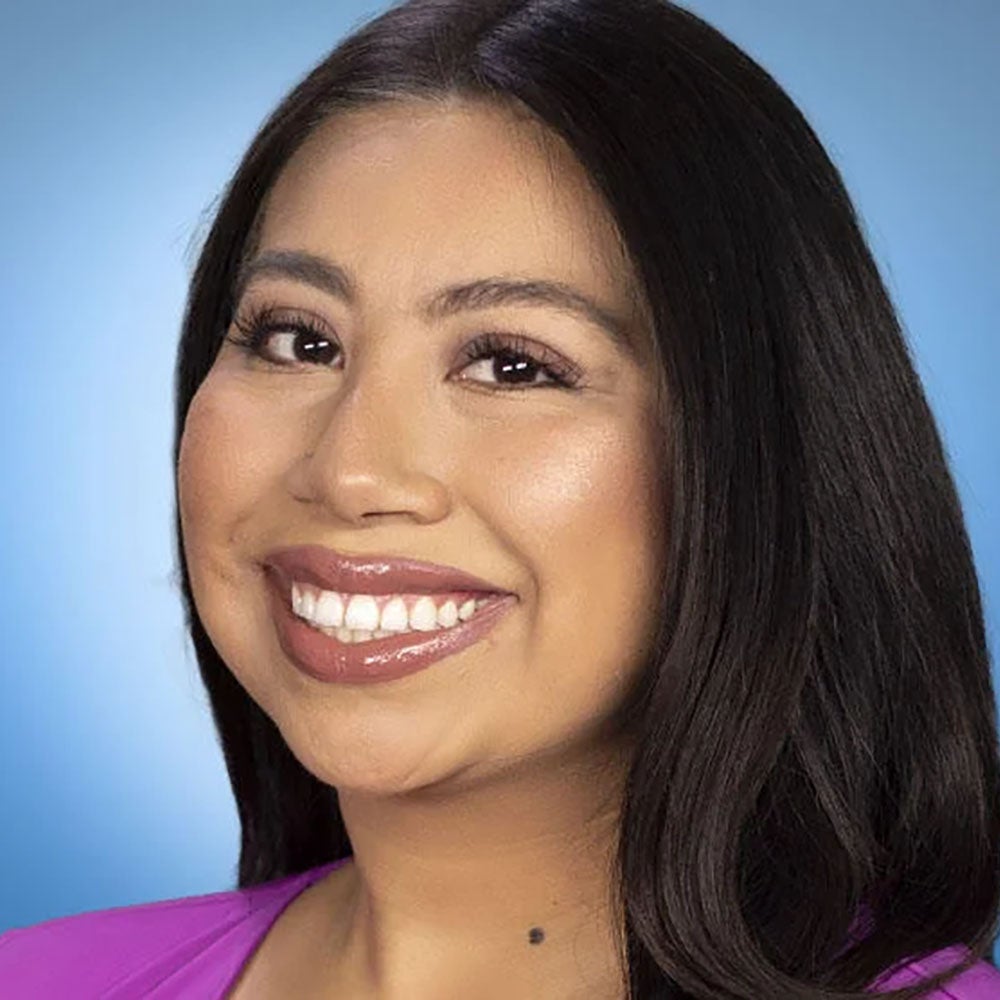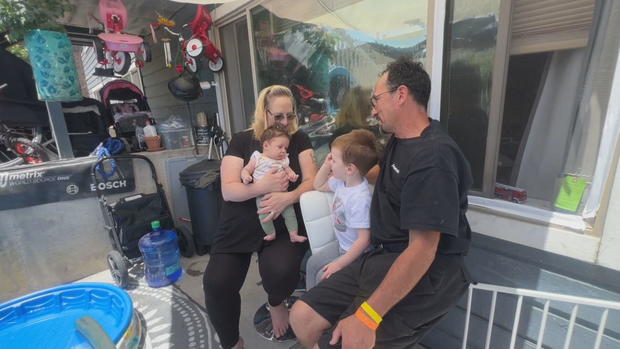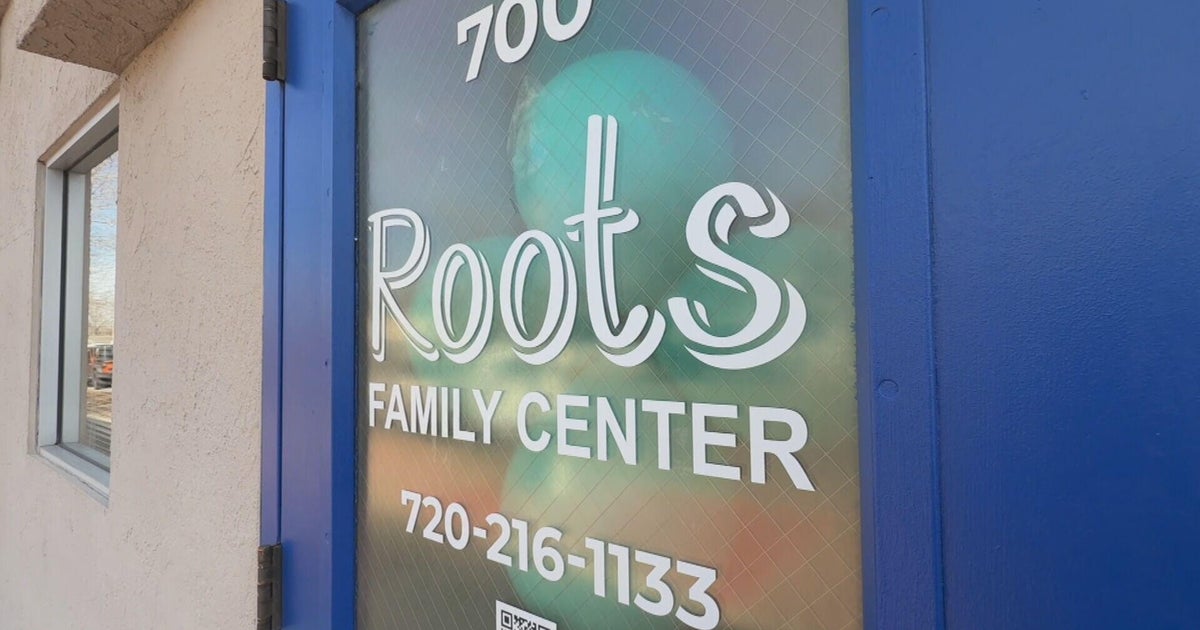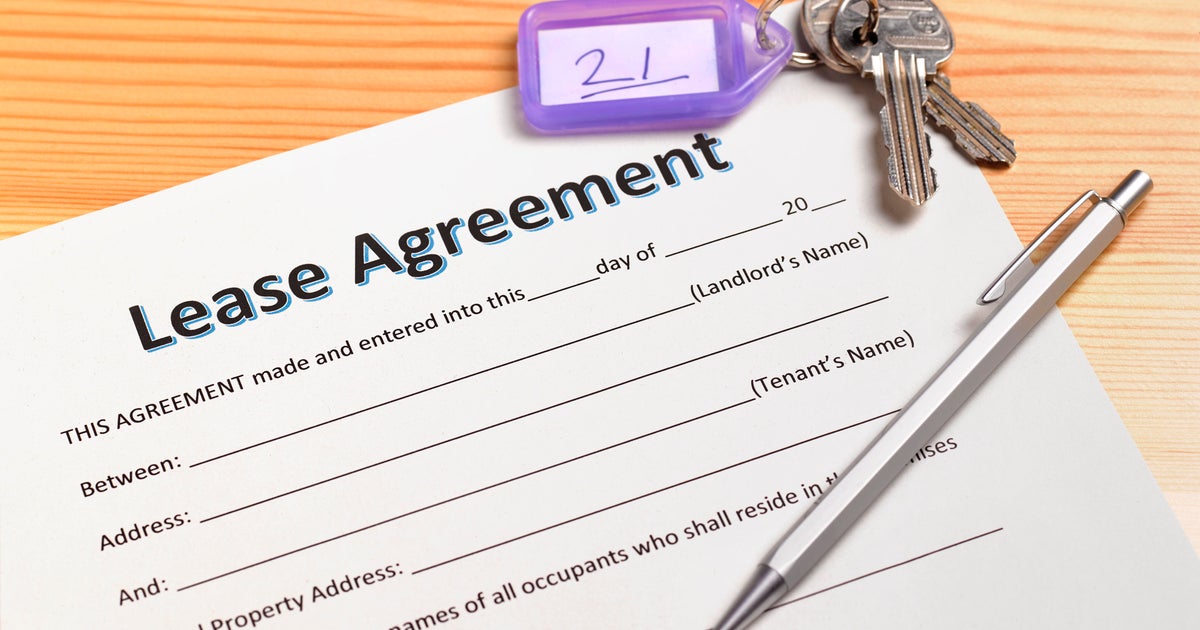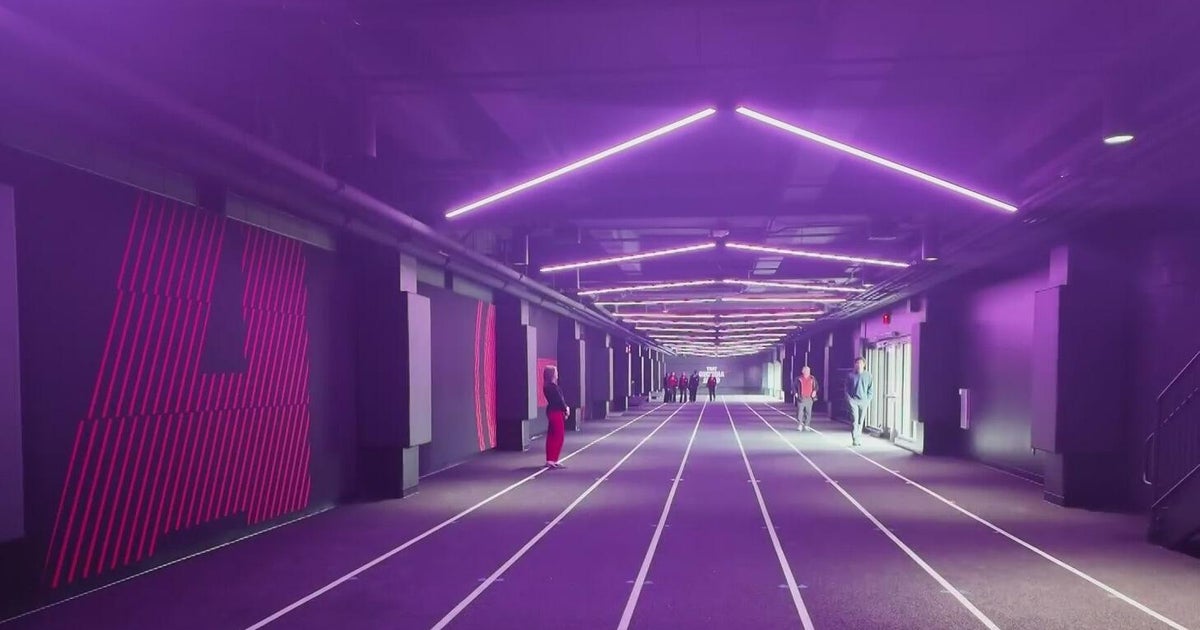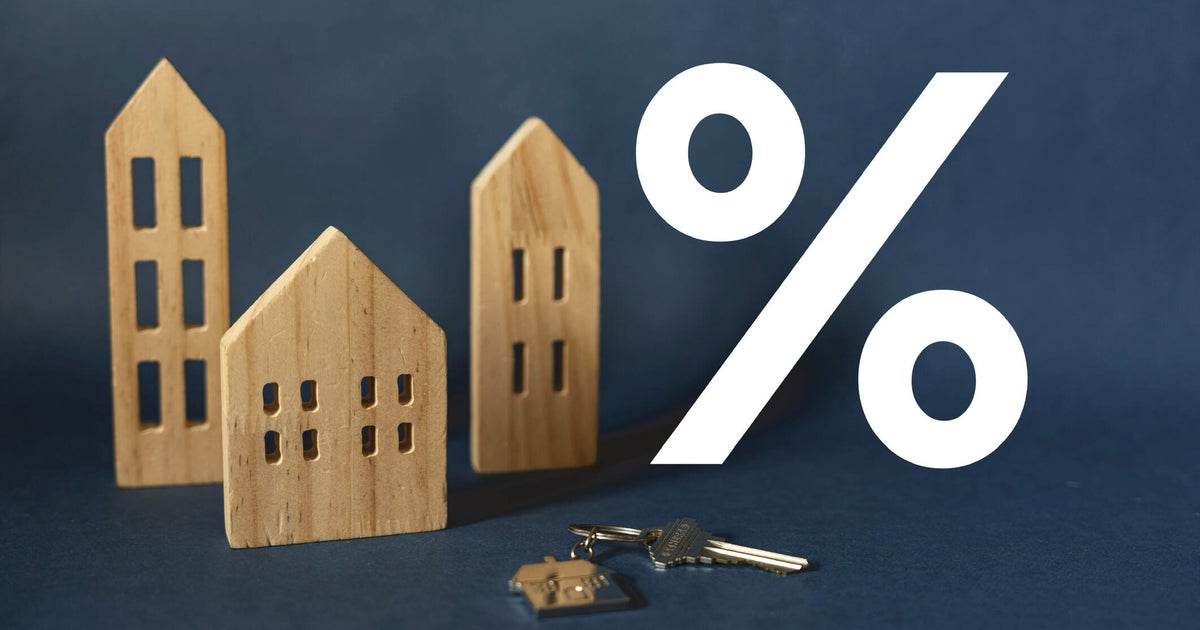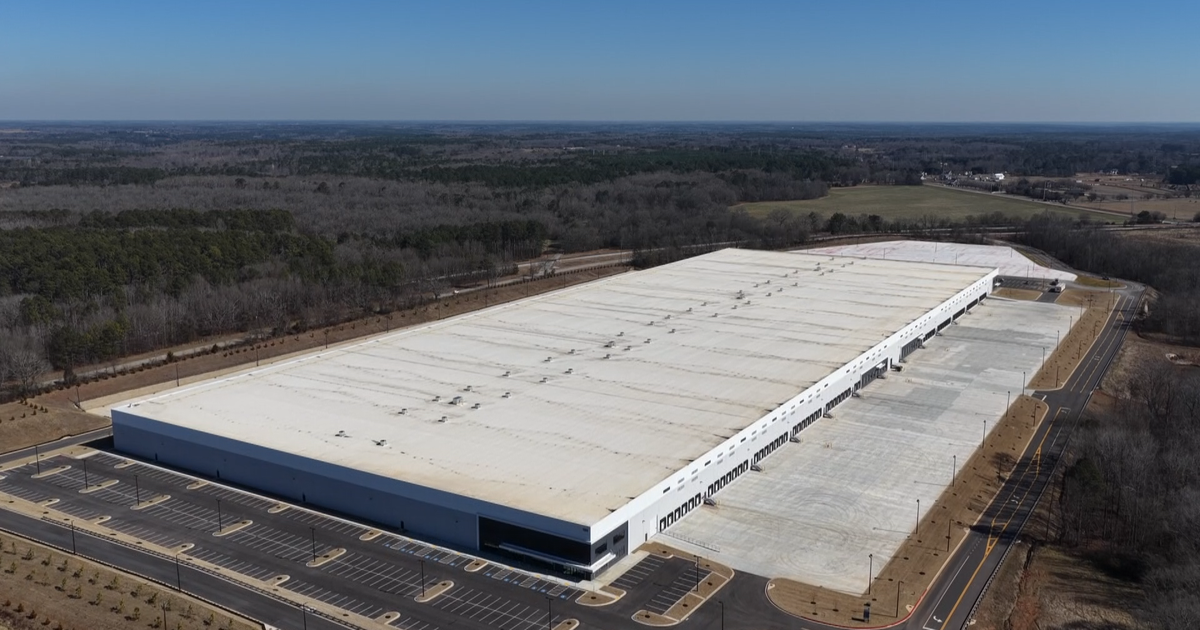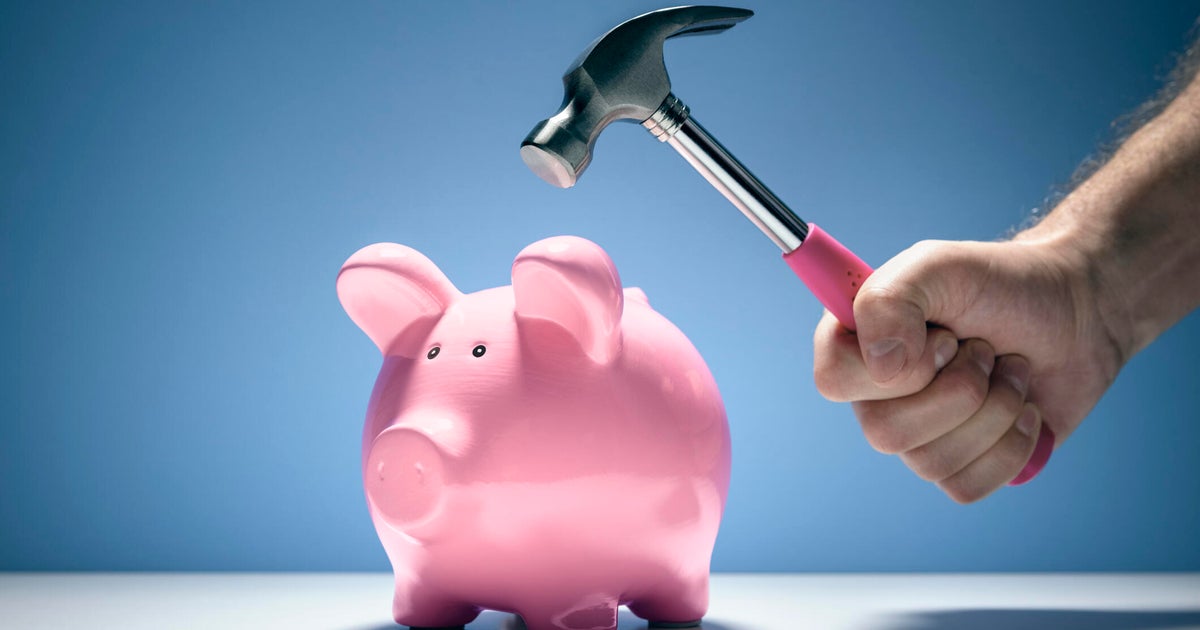After 1 year, Denver Basic Income Project finds significant improvements in housing outcomes
The Denver Basic Income Project has published findings after the first year of the program. The project is a first of its kind that looks into the impact of guaranteed income on homelessness.
Project leaders partnered with the University of Denver's Center for Housing and Homelessness and released the results of its Year One quantitative and qualitative findings on Tuesday.
During the first year, those in the program reported using their funds to meet their dire and basic needs. Those needs include transportation, hygiene, groceries, and clothes. Others focused on using the funds to catch up on bills, rent, debt, healthcare, and car repair.
Those in bigger payment groups either bought a house or purchased a car.
The findings, however, do show that all payment groups showed significant improvements in housing outcomes, with most renting or owning a home. This then correlated with a decrease in nights spent unsheltered.
According to project leaders, all participants were experiencing homelessness when they applied to the program. At least 45% were able to have their own home or apartment toward the end of the research period.
The program is divided into three groups, Groups A and B both get monthly cash payments that add up to $12,000 a year. The difference with Group B also is that those participants had an initial direct payment of $6,500. Group C gets monthly payments of $50 for a total of $600 a year.
Essentially, these are crucial funds that help unhoused to neighbors with basic needs like housing, transportation, hygiene, groceries, and bills.
Findings show those in the program proved to be in financial well-being, with the larger payment groups showing an increase in full-time employment and improved ability to sustain themselves economically and pay their bills.
Furthermore, analysis shows that program participation is tied to cost savings in public spending. This means a large reduction in the use of public services, that includes emergency room visits, and hospital and jail stays.
"We believe the first year of the program established a sense of stability for participants, and the second year and beyond is when individuals can experience an even more profound transformation. We aim to persuade policymakers to establish permanent funding streams for programs like ours," said Mark Donovan, founder and executive director of the Denver Basic Income Project.
People like Jolene Jachetta agree, after being in Group B and part of the program since 2022, she admits it has been life-changing. For the first time in eight to nine years, Jolene has some stability and a place she can call home for her family.
"It feels wonderful, it is a relief actually," said Jolene.
Since 2015, Jolene and her partner Gary have been battling chronic homelessness after serving time in prison. It was something her kids had to also deal with, including her now 2-year-old son Kai.
"One of the biggest struggles for me was finding like a bathroom or someplace to wash up and Kai was just a year old at the time, and it was really hard," said Jolene, "It took a toll on me emotionally."
It's a place in life she does not wish to go back to, their lives changed after participating in the program. In November 2022, she received an initial direct payment of $6,500 and after that, monthly cash payments totaling $12,000 a year.
"I was able to use the money to get an apartment where I live now, be able to have Christmas for my children," said Jolene.
She was also able to build up her credit score.
The Denver Basic Income Project's research found Group B, the group Jolene is in, was able to double their ability to pay all their bills. Overall, the findings show all groups showed significant improvements in housing outcomes.
Project manager, Gwen Battis explains the research found the total cost of savings of public spending when it comes to services was over half a million dollars, mainly due to the program.
"While cost savings varied across payment groups, all payment groups demonstrated significant reductions in utilizing these public services, as well as substantial reductions in their interactions with public services," said Battis.
Jolene recognizes how much this program has changed her life for the better and hopes she can continue to raise her kids in a stable home.
Project leaders are currently in year two and are hoping to extend it to year three with the help of funding from the city and other organizations. The goal remains to continue studying the impact of guaranteed income.
Guaranteed income programs like the DBIP offer a cost-effective and innovative solution to address homelessness and in turn advance public health.
The project revealed in the Year One report that there were significant increases in housing stability for those who struggled with homelessness, while also reducing the use of public services. View the summary of the findings in the report online.
